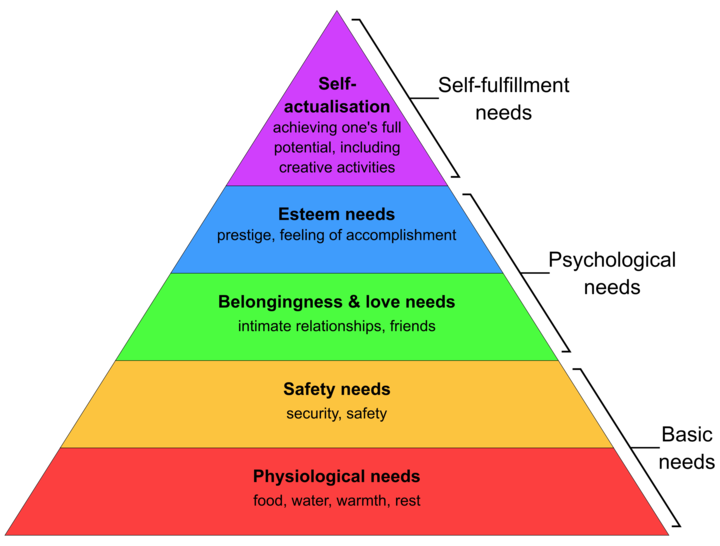I got into a fun chat with my friends about unengaged people at work. Do software engineers care about salary, solving a problem technically (discovery), shipping, or does that work has to have impact in someone else’s life? Of course, different people find joy in many points within this spectrum of outcomes.
Interesting question surfaced: is it that some people don’t find joy in having impact in others or have they just not had the opportunity to make that deep connection to their work? I mean, nothing wrong with just finding joy in solving problems, right?
I referenced 2 stories from my past.
I used to go to church multiple times a week and be involved in many religious activities. I was happy and I never really thought past the bubble I was in. Then my circumstances changed with where I lived, my closest friends’ life circumstances etc. It led to me inspecting the bigger “why’s” of life. As a result, I incrementally focused my energies elsewhere and dropped out of church.
Second story was just me as a software engineer. I loved experimenting with new technologies and making fun little UI apps. As a teenager, I had an obsession with how traffic lights worked. I found it really fun to code road junction in Java Swing UI. It was a fun way to learn Java but also… just liked figuring out how things worked.
Then I made a jump to building some iOS apps with my brother. I’ve written about this before. Watching us have direct impact in someone else’s day was just incredible. I was working for Vigil Systems at the time where we guaranteed 15% reduction in public transport accidents (sketchy memory on this metric). These things mattered to people. The direct interaction and knowing how my work helped people was a wonderful feeling.
After that, I always wanted something more. It wasn’t just enough to write good code or ship things quickly. I wanted to know my code made a difference and it helped people to make time or be better off in some way.
So, is it that some don’t get to experience this moment in time that helps them break out and think beyond their Jira cards? If you are starting off in a big technology company, it is really difficult to have this direct connection to customers to begin with. Most developers I work wth never had to explain to a customer how to find a feature in the interface they coded in. By the way, it is extremely frustrating to see people struggle with what you’ve built.
This image came to mind… this is Maslow’s hierarchy of needs:

Are we just thinking about people in different stages of this pyramid? Does everyone have the opportunity to attain self-actualisation? Does self-actualisation mean having direct impact in others?
I think it is pretty important to generate that connection at some point. But we should remember that sometimes, we find meaning in having impact in others’ lives… and sometimes, discovering is just as important. The very act of making and having fun can lead to things. We don’t have a clear purpose in life. So these competing forces — this chaos — keeps us vibrant and moving forward.
Whatever it is for you, I am hoping you find engagement and joy at work. It helped you stay motivated. If your current work doesn’t give you that, find something that does.
Related article to read: How to burnout a software engineer, in 3 easy steps.
